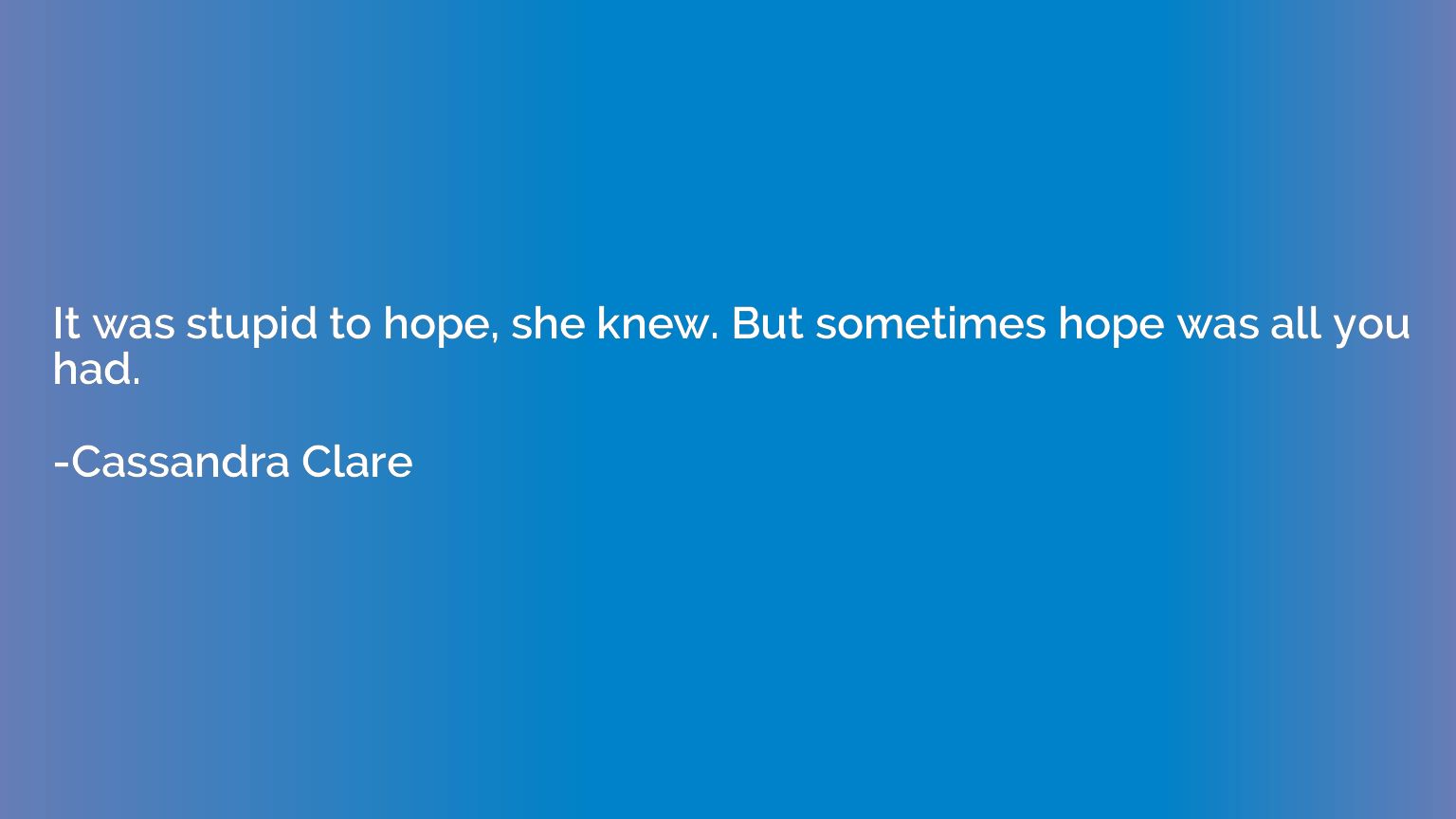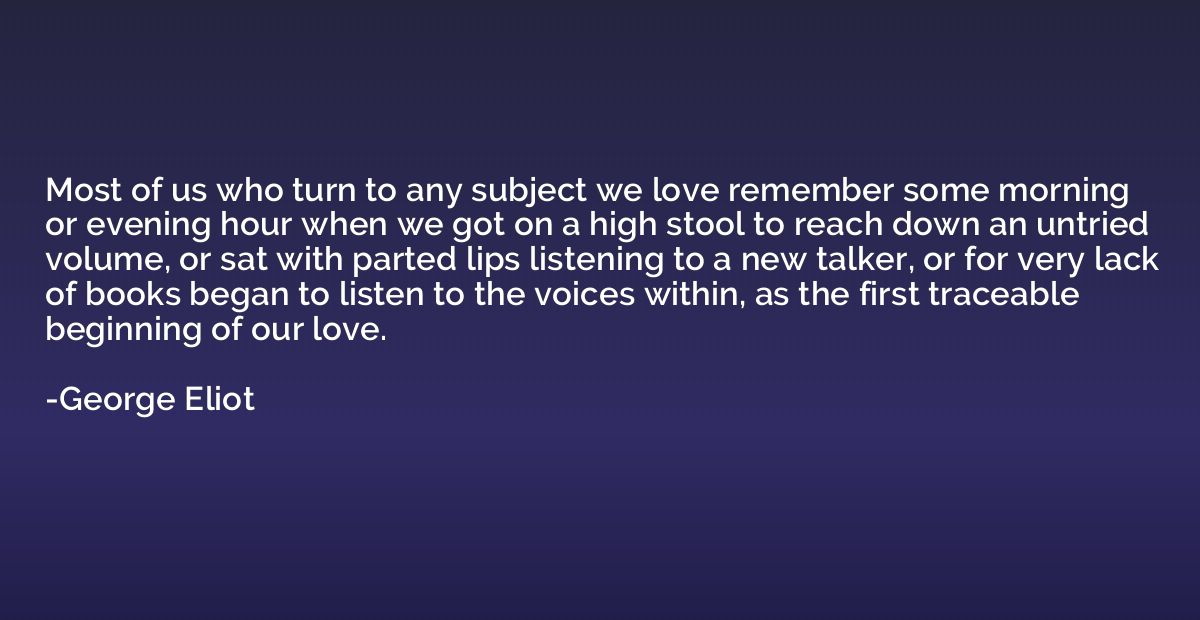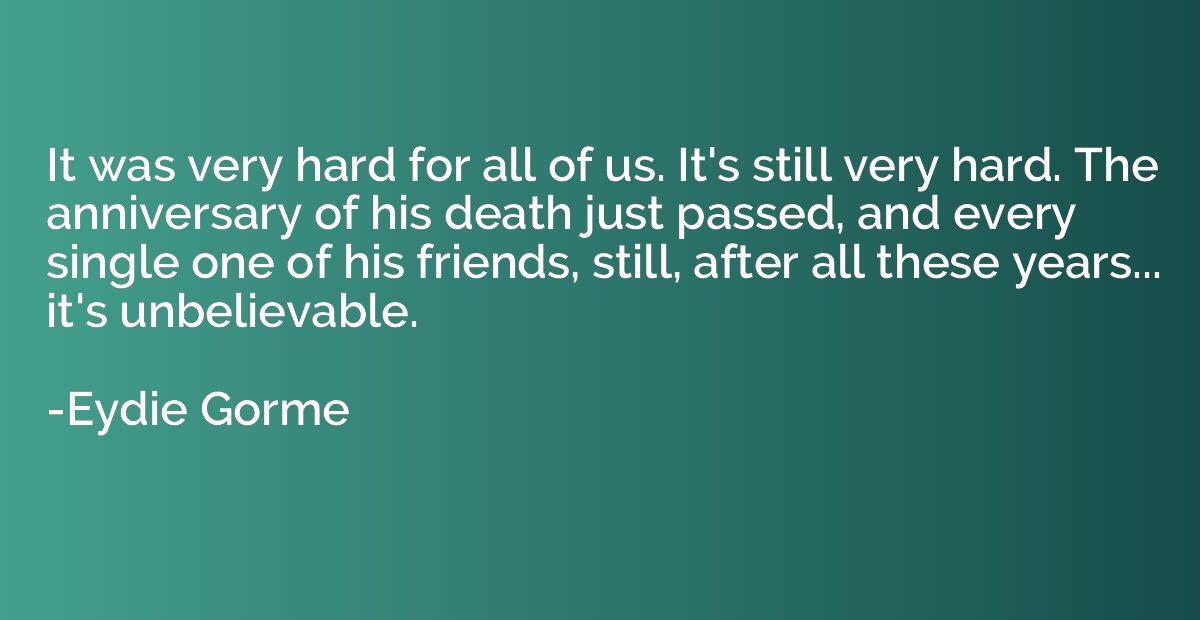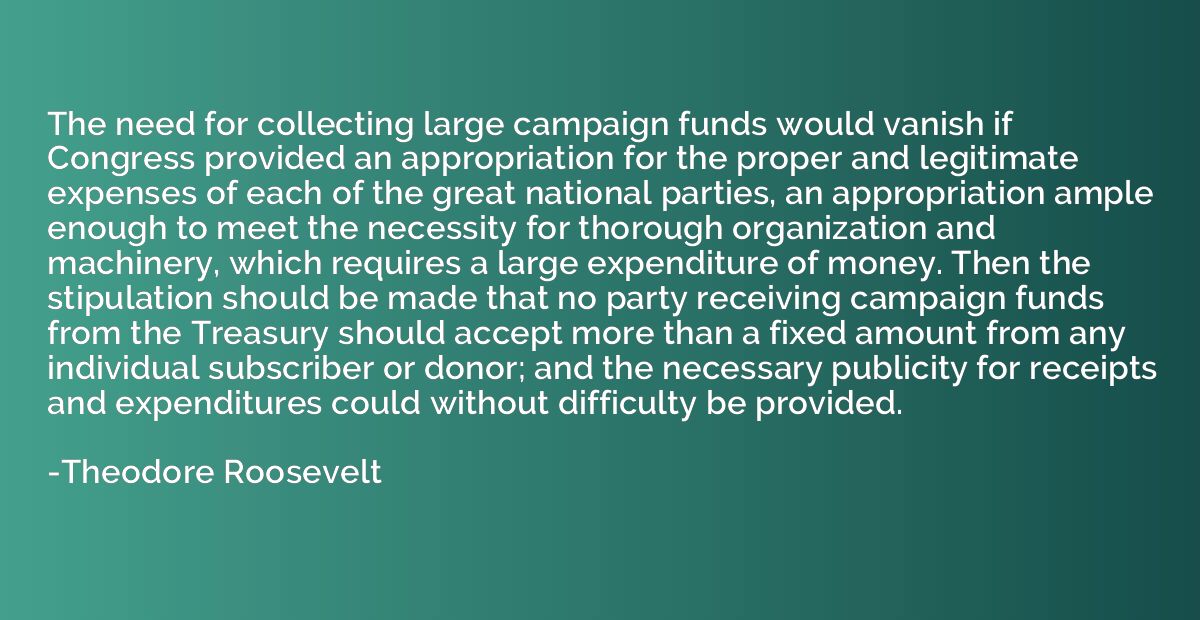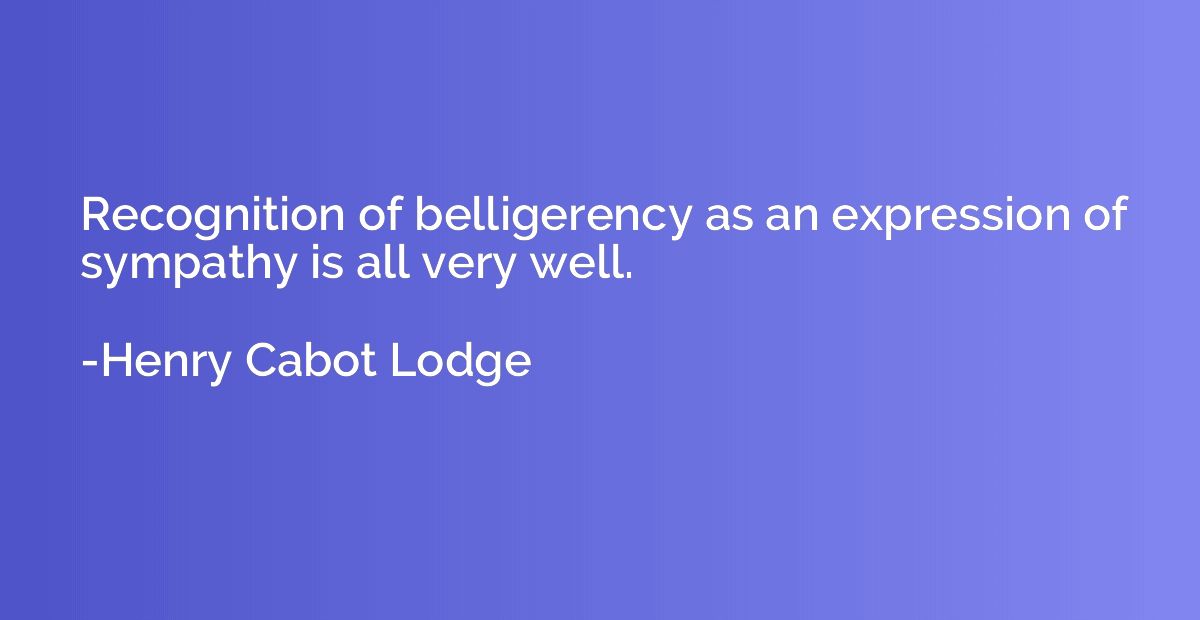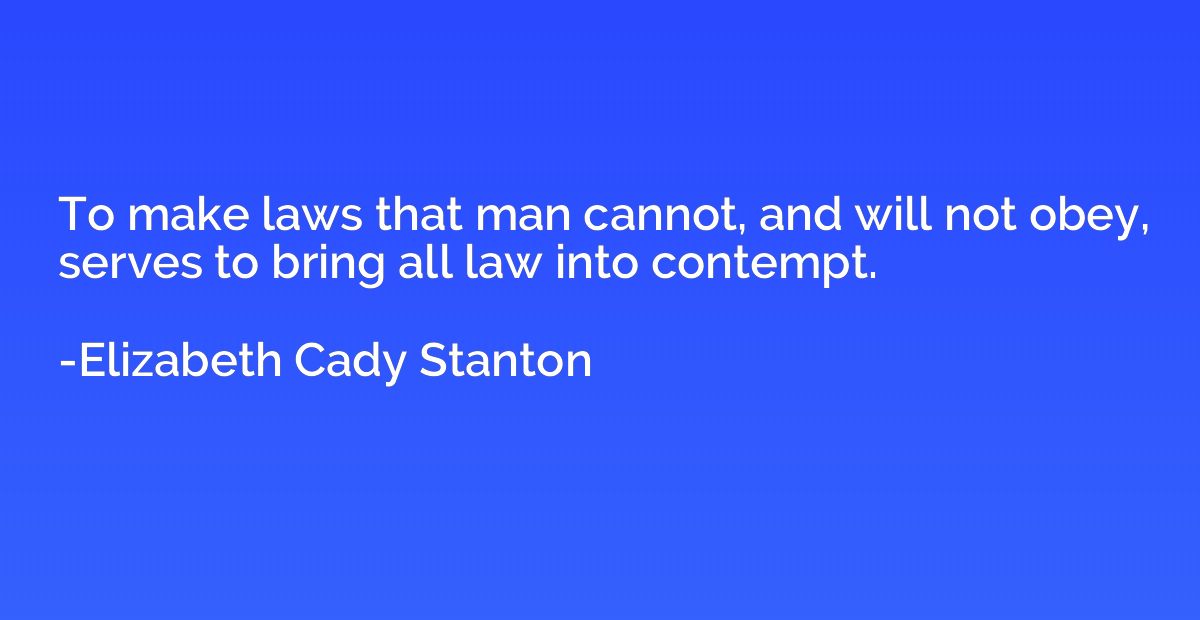Quote by Clara Barton
Everybody's business is nobody's business, and nobody's business is my business.
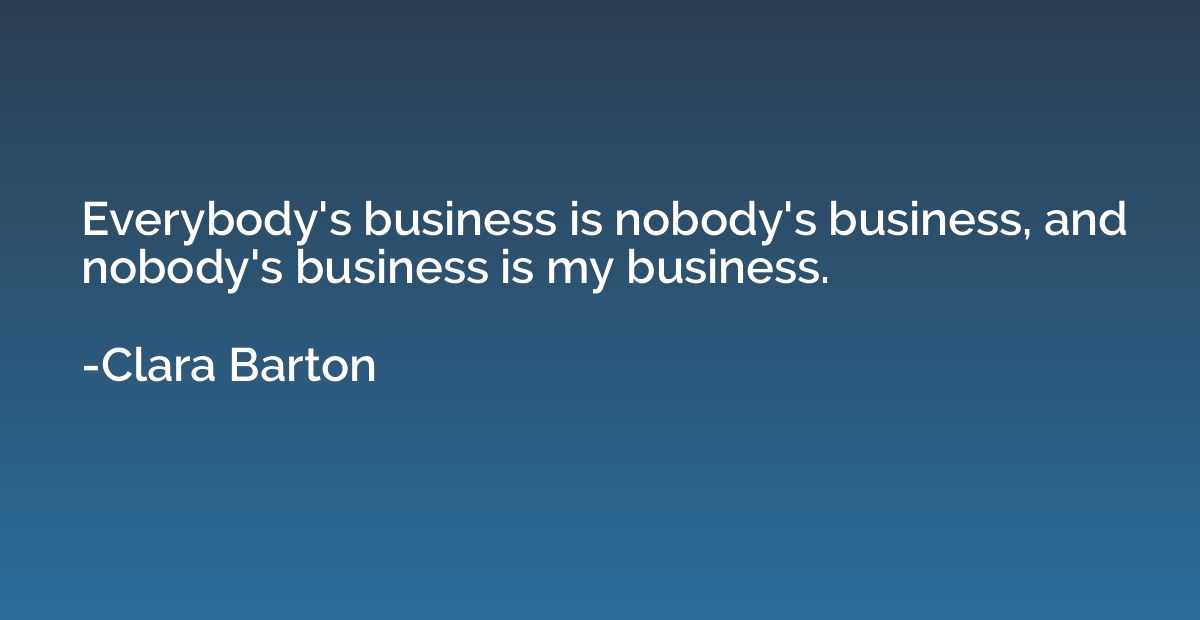
Summary
This quote emphasizes the idea of personal boundaries and the concept that each individual is responsible for their own concerns. It highlights that when everyone is concerned with everything, nobody takes ownership or responsibility, leading to a lack of accountability and collective action. Furthermore, it asserts that one should focus on their own affairs and not interfere with others' affairs, emphasizing the importance of respecting privacy and individual autonomy.
Topics
Business
By Clara Barton





